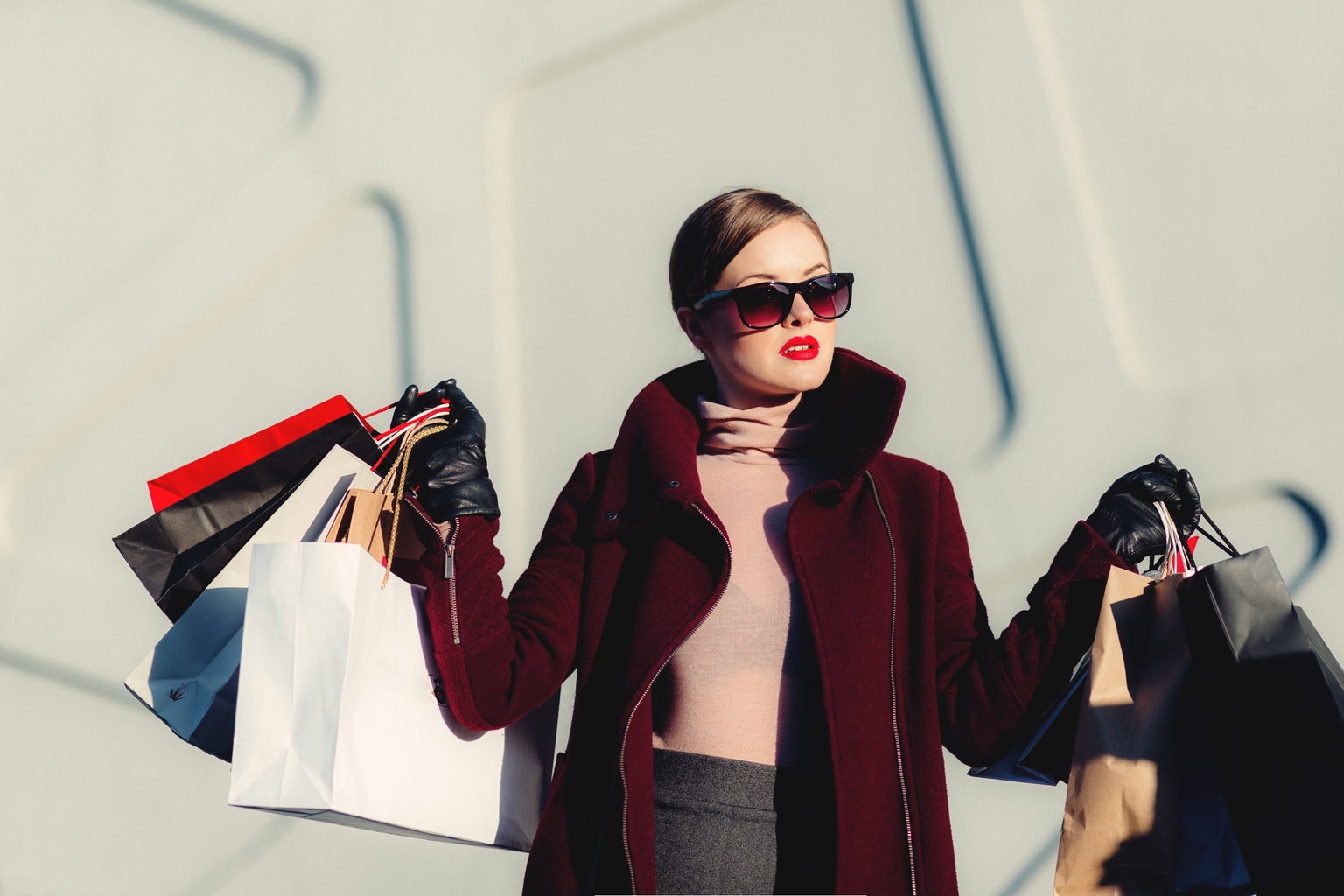Too much choice, or not enough?
With Molly Mae’s recent launch of Maebae, one can’t help but wonder: are we drowning in influencer brands? Every day seems to bring a new collection begging for our attention and our wallets. While many of these brands bring fresh and exciting ideas, even major names like Beyoncé have faced setbacks with her Ivy Park line, highlighting that not every celebrity venture leads to success. The sheer number of choices can encourage us to buy more than we really need. We’re constantly bombarded with ads and glossy images, nudging us to purchase the latest must-haves—often without really stopping to think if we need them. Are influencer brands shaping our shopping? Let’s discuss!
To begin, I believe influencer brands have really shaken up the shopping game. It feels like every influencer or celeb is eager to launch their own line, showcasing their unique style and values. This trend can bring some much-needed creativity to the market, as these personalities usually know what their audience likes. Collaborations with established brands can also lead to innovative products that resonate with us. But with so many options flooding the market, we have to consider how this affects our buying behaviour and the environment. As influencers hype their products, it’s worth asking if we’re just caught in a cycle of mindless consumption.
One big issue modern consumers face is the idea of “choice overload.” When there are so many options, it can actually make it harder for us to decide what to buy. Scrolling through endless online collections often leads to moments of doubt: ‘Do I really need Emma Chamberlain’s new €30 matcha powder?’ (The answer is probably yes). This constant barrage of choices can wear us down, making it tough to feel satisfied with any purchase. Influencers design their brands to feel aspirational and accessible, which can trap us in a cycle of chasing the next trendy item, often putting quantity over quality.
Let’s be real: it’s easy to get obsessed with the latest releases. Many of us find ourselves eagerly anticipating each new drop, feeling a rush of pride when we own the latest product from our fave influencers. This can intertwine our brand loyalty with our sense of identity, almost linking our social status to what we buy. But this obsession can come at a cost—often making us less mindful of our buying decisions. Instead of genuinely asking ourselves if we need something, we might just buy it to keep up with the trends, leading to cluttered closets and that nagging question of whether we ever really wanted those items.
However, while it’s true that many influencer brands can fuel overconsumption, it’s essential to note that not all of them do. Some influencers genuinely promote sustainable brands or advocate for ethical practices, pushing for responsible consumption. For instance, YouTuber Shawna Nipari focuses on reducing consumption and encourages her audience to shop mindfully. Even influencers like Manny MUA have talked about the idea of #DeInfluencing, reminding us to be more selective about beauty buys. These voices encourage important discussions about how our shopping choices impact the planet. By inspiring their followers to think critically about what they purchase, they promote a more sustainable approach to consumption.
Even brands that market themselves as ethical, like Haus Labs by Lady Gaga, can inadvertently contribute to consumerism. Many influencers use strategies like limited-edition drops and exclusive launches to create a sense of urgency that nudges us toward unnecessary purchases. This taps into our psychological impulses, making us feel like we need to act fast to grab these items. As Nipari points out, the “fear of missing out” can lead to impulsive buys that prioritise immediate satisfaction over thoughtful consideration. While ethical brands aim to promote sustainability and cruelty-free products, their marketing techniques can ironically lead to overconsumption.
Influencer brands have a real chance to champion thoughtful consumption. As shoppers, we should take a moment to ask ourselves, “Do I really need another lash-lengthening mascara or neutral eyeshadow palette?” Are we buying out of genuine desire or just to stay on trend? By shifting our focus to valuing quality over quantity, we can turn impulsive buys into well-considered purchases that align with our values.
As we navigate this influencer-heavy market, it’s crucial to reflect on our shopping habits and consider what our choices mean in the grand scheme. The rise of #DeInfluencing culture suggests a shift in how we view consumption, encouraging us to rethink our purchasing decisions and resist the urge to jump on every trend. While influencer brands can spark valuable conversations about sustainability and ethical consumption, we need to stay aware of our habits. Embracing a more mindful approach means prioritising what we genuinely need over fleeting trends and being intentional about what we buy. By nurturing a healthier relationship with shopping and supporting brands that resonate with our values, we can foster a more sustainable and responsible consumer culture in this influencer-driven world.




